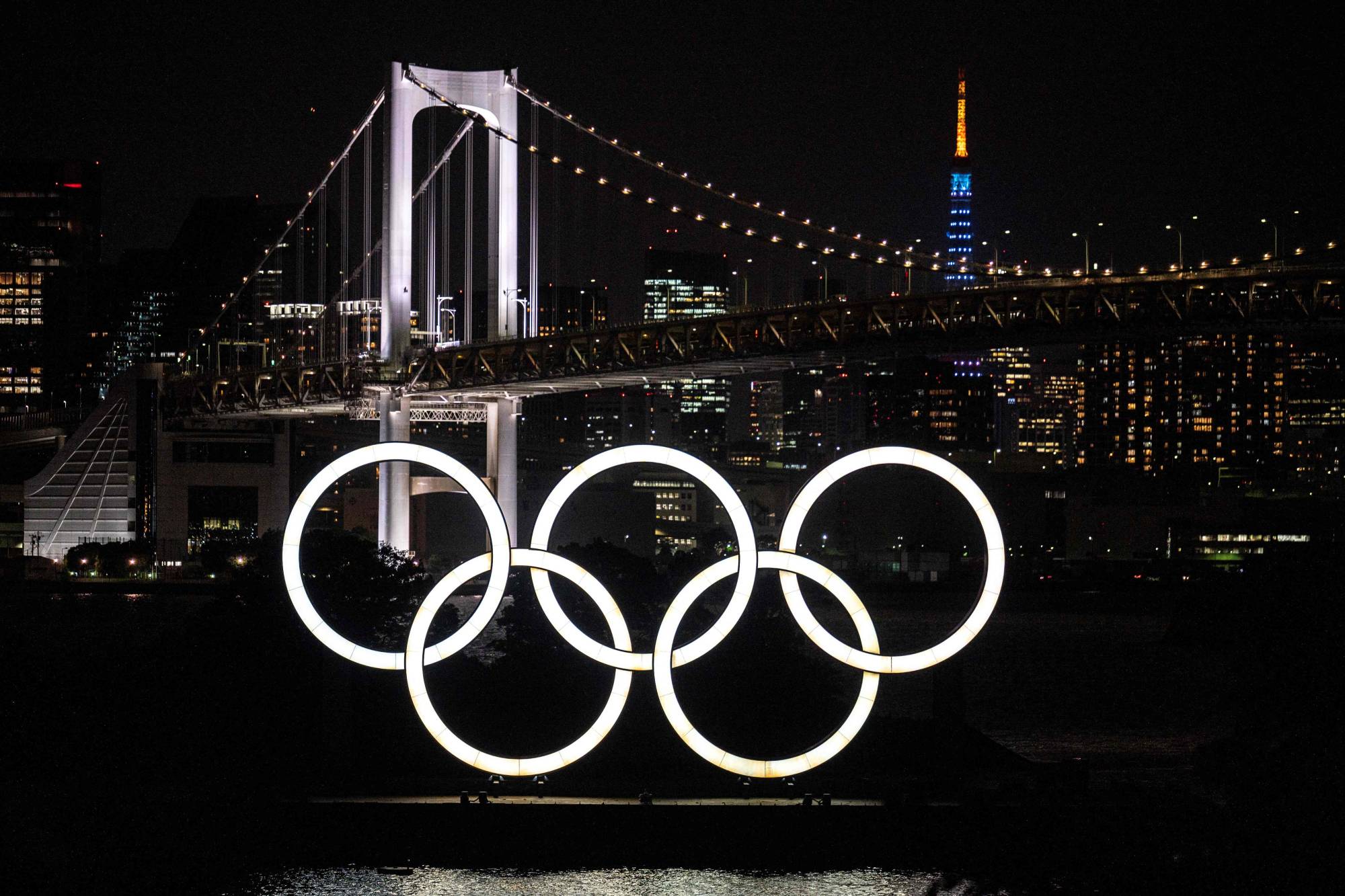
Amid the unabated spread of the new coronavirus, an increasing number of local governments in Japan have decided to give up on hosting pre-Tokyo Games training camps for foreign athletes slated to take part in the Olympics and Paralympics this summer.
As of Wednesday, 78 municipalities decided to cancel training camps or exchange programs for athletes and local residents. More municipalities made such decisions in recent days.
Meanwhile, municipalities that still plan to accept athletes from abroad, including those serving as so-called host towns, are set to step up their measures against the virus.
The town of Takanezawa in Tochigi Prefecture had been making efforts to accept 25 people, including track and field athletes and boxers, from Lesotho. The town had planned to create newsletters to let local elementary and junior high school students learn about the culture and geographical features of the African country.
But the town decided to cancel the plan as preparations did not go smoothly partly due to Lesotho’s Embassy in Japan introducing a work-from-home system amid the virus crisis. With the embassy still asking the town for continued support, the Takanezawa Municipal Government will consider organizing online interactive events for Lesotho athletes and students from the town.
The town of Yokoshibahikari, Chiba Prefecture, which serves as a host town for Belize, also decided to call off a training camp for athletes from the Central American country.
The central government has released guidelines on coronavirus countermeasures for local governments hosting Olympians and Paralympians from abroad.
The town “concluded that it is impossible” to accept Belize athletes, however, because restrictions on transportation, accommodation and training venues set under the guidelines are too strict, Haruhiko Sato, mayor of Yokoshibahikari, said. The town also needs to prioritize vaccinations of local residents against the coronavirus.
“We would be very sorry if athletes (from Belize) are infected with the virus and become unable to compete in the games,” Sato added.
On the other hand, the city of Kagoshima, which plans to accept the men’s rugby sevens team from South Africa, believes it is possible to put countermeasures in place in accordance with the guidelines.
The city aims to be registered as a host town by the end of June. South Africa held a training camp in the city in the run-up to the 2019 Rugby World Cup in Japan.
The city of Takaoka, Toyama Prefecture, is set to welcome 21 people from Poland, including wrestlers, in mid-July. They will be allowed to use a city-run gymnasium for training.
The Polish athletes seem to feel it’s safe to go there, a city government official said, noting that the coronavirus situation in Toyama is more stable than that in the European country.
But the official expressed concern over stricter rules, such as restricting athletes’ use of public transportation and conducting polymerase chain reaction tests on them every day during their stay in Japan.
“We don’t know how long it would take for the (Polish) athletes to go through coronavirus tests when they arrive in Japan,” the official added. The Takaoka Municipal Government plans to consider several methods to transport the athletes to the city.
